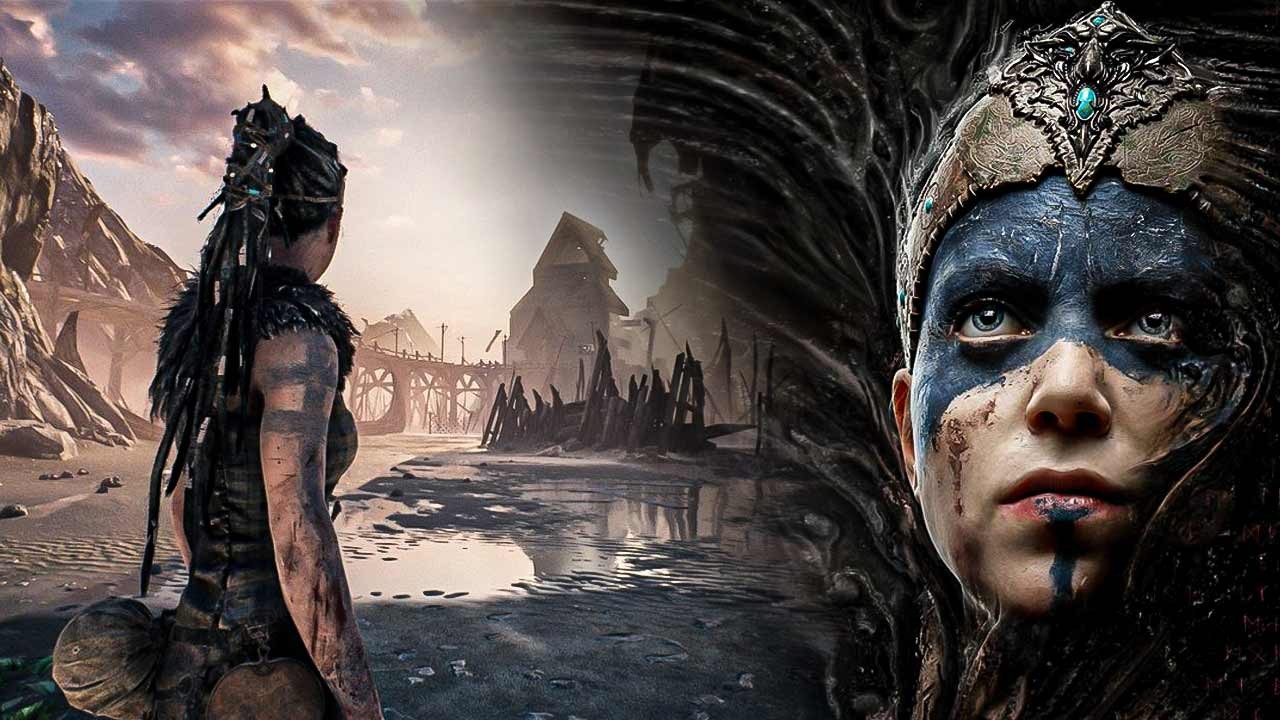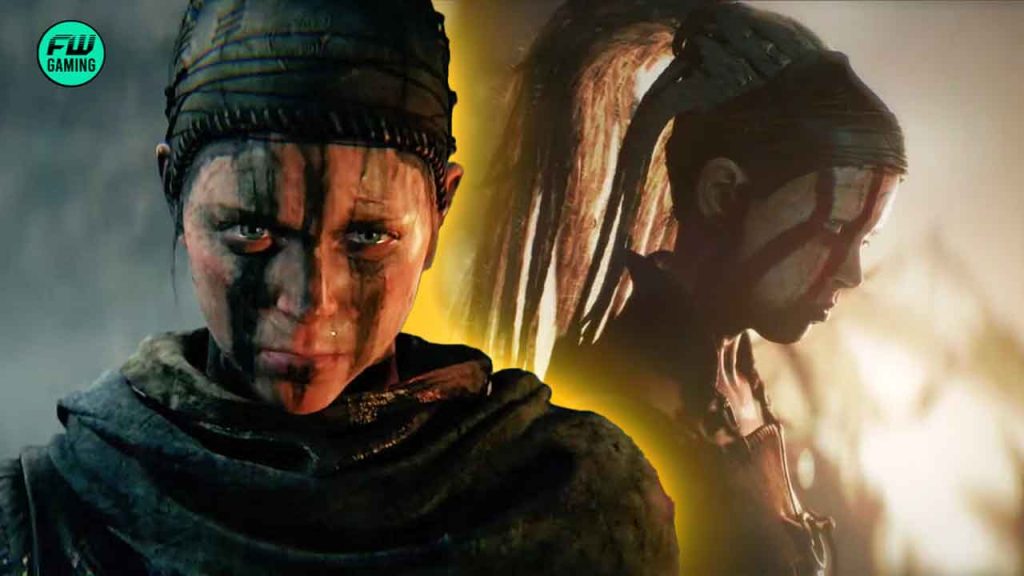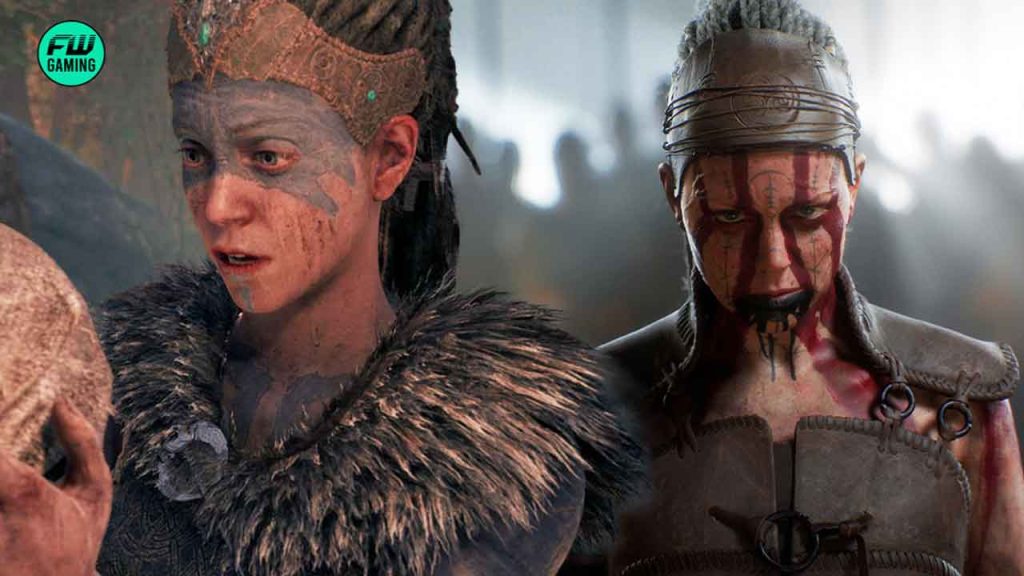In the realm of video game development, few titles venture as deeply into the human psyche as Hellblade: Senua’s Sacrifice. The game’s director, Tameem Antoniades, embraced a bold and risky vision to explore mental health issues through the lens of a Celtic warrior’s harrowing journey.
The path to bringing this vision to life was fraught with challenges, but Chief Creative Director Tameem Antoniades and his team at Ninja Theory were resolute in their mission, despite the potential for severe backlash. He was driven by a desire to challenge the conventions of video game narratives.
Creative risks taken by Hellblade‘s Director
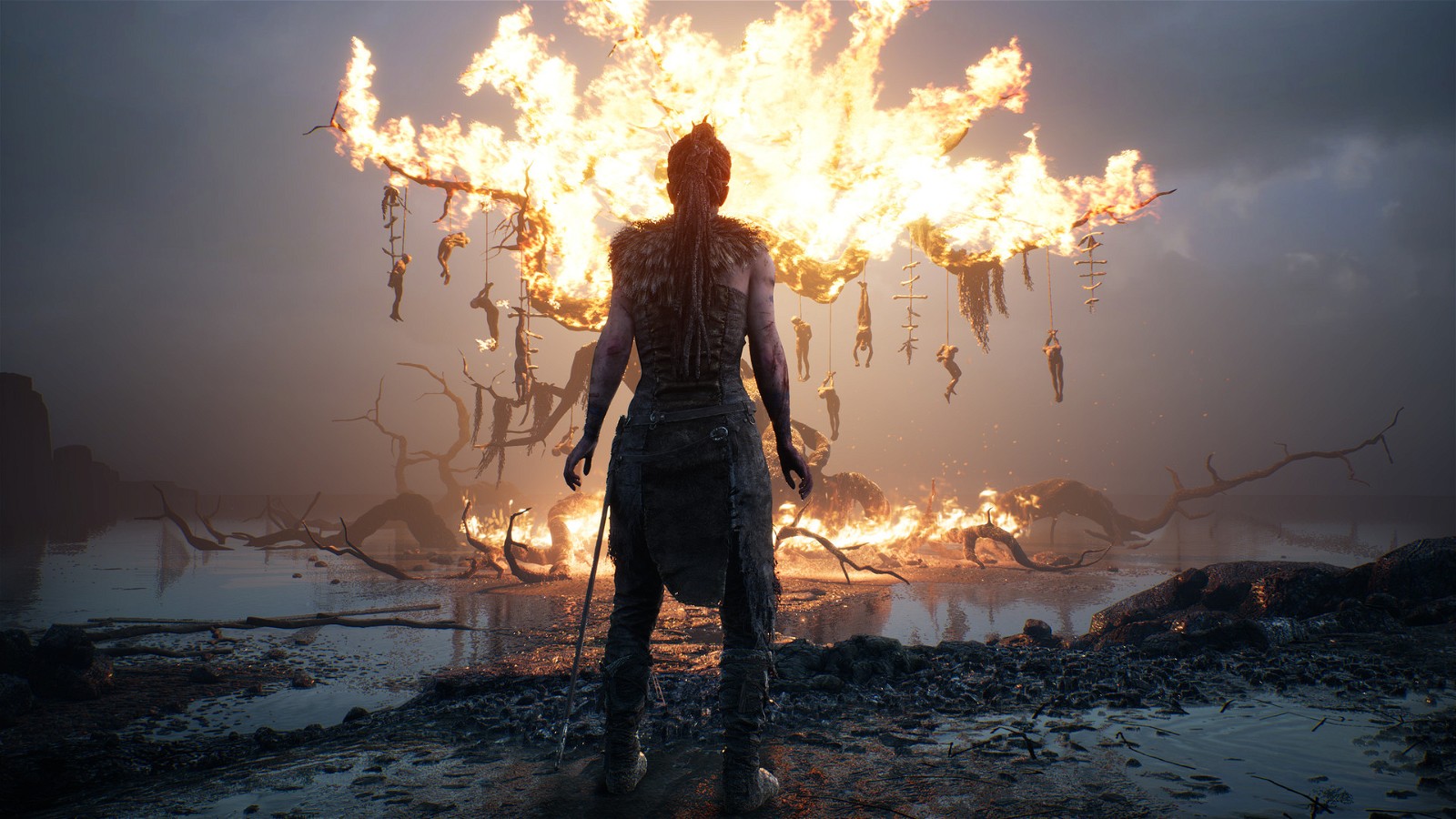
Unlike the typical action-packed or fantasy-driven plots, Hellblade sought to deliver an immersive experience that delved into the complexities of psychosis. This subject, rarely touched upon in mainstream gaming, required not just a meticulous approach to storytelling but also a deep understanding and sensitivity towards mental health. When asked in an interview about how the development of Hellblade started, Director Tameem Antoniades said:
Right at the start of the project, we knew it was not an easy subject to tackle. The potential for backlash, if we did it wrong, would be immense. We wanted to do our research.
The director’s commitment to authenticity meant that the development team needed to consult extensively with neuroscientists and individuals who had experienced psychosis. This collaboration aimed to portray Senua’s experiences as accurately and respectfully as possible.
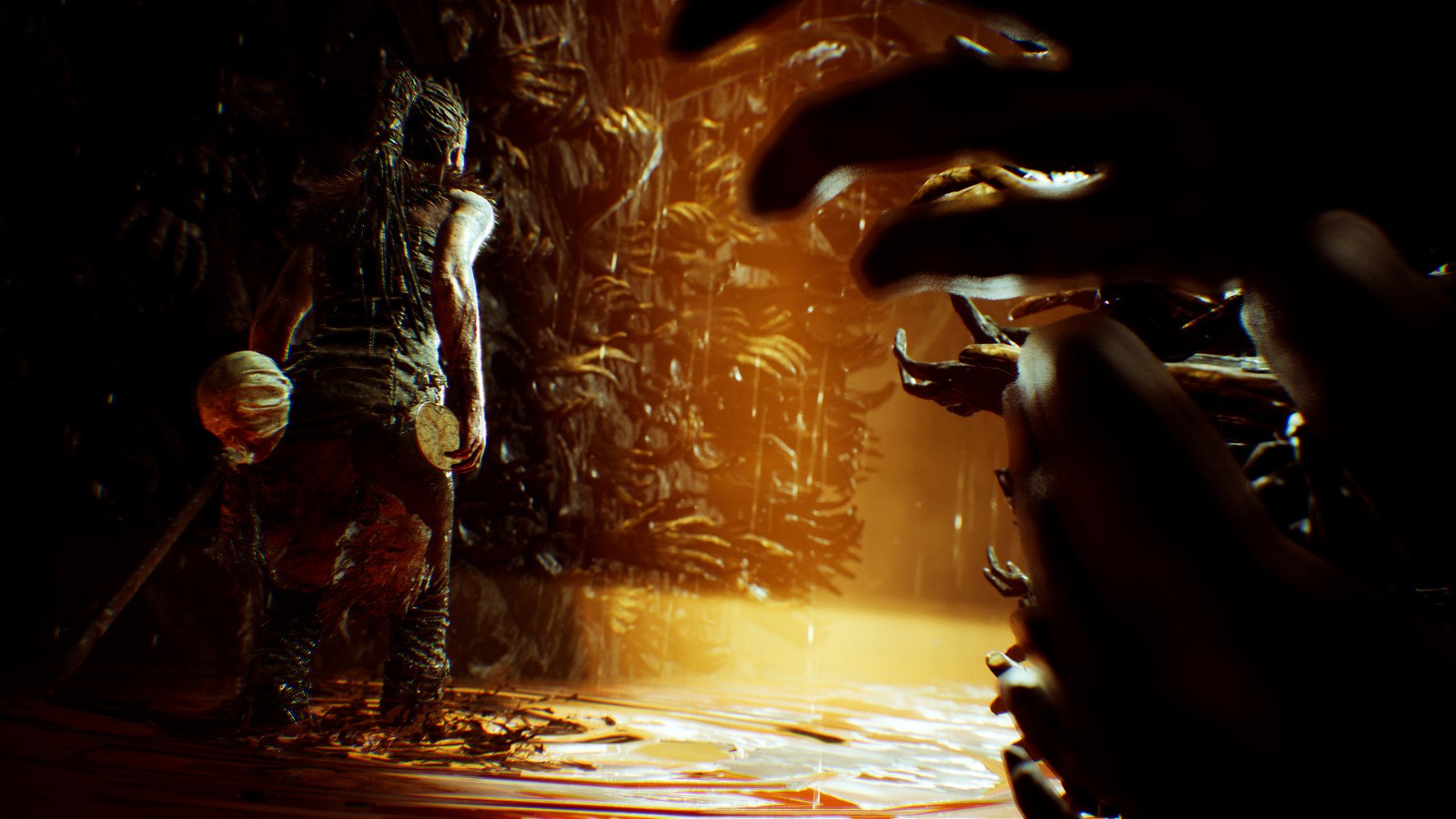
In Hellblade’s Senua’s Sacrifice, players are immersed in Senua’s reality, filled with haunting voices and terrifying hallucinations. When asked about what was the goal behind Senua’s story and the entire game, he said:
At first, I wanted to see if we could recreate the experience, to put yourself in someone’s shoes who experiences psychosis. On the surface, it’s a very visceral experience, being able to hear voices, to see visions. It’s a very literal experience. People talk about seeing demons, and they mean it.
He also believed “a video game is actually a good medium for this stuff” to show the experiences of how a person with psychosis sees the world.
The stakes were high—misrepresentation could lead to stigmatization and misunderstanding of mental health conditions. However, Tameem Antoniades believed in the importance of shining a light on these issues, even if it meant walking a tightrope between creative expression and social responsibility.
Hellblade’s Success Story
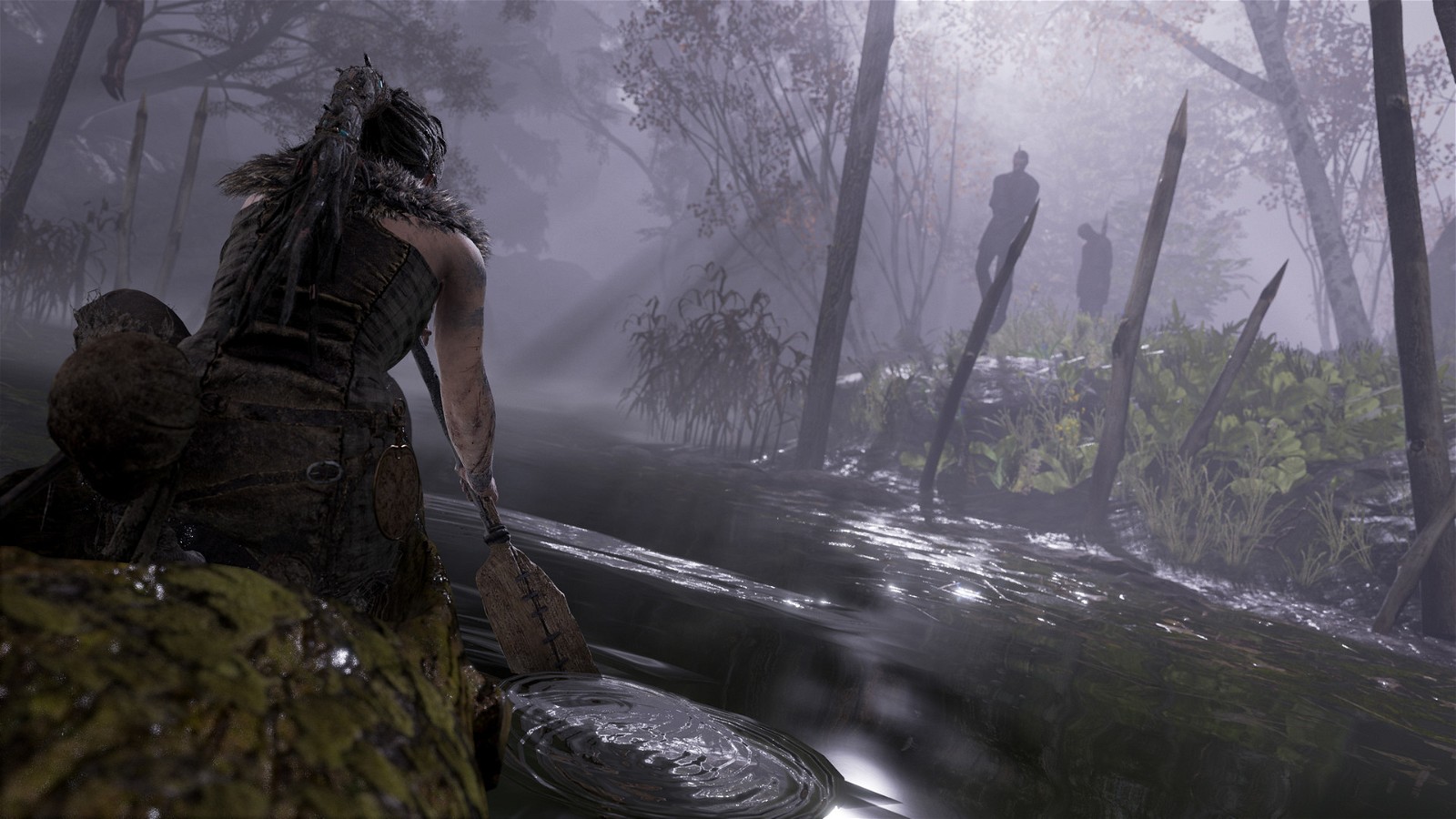
The calculated risk taken by Tameem Antoniades and his team ultimately paid off. Upon its release, Hellblade: Senua’s Sacrifice was lauded for its innovative approach and poignant narrative. Critics and players alike praised the game for its sensitive and realistic portrayal of mental health, with many commending Ninja Theory for their bravery in addressing such a challenging topic.
In the interview, Tameem Antoniades also said that he was aware that tackling such a sensitive subject could provoke a wide range of reactions. Yet, he recognized the potential for the game to foster greater empathy and understanding if executed with care and respect. He was shocked by the fans’ reaction and said:
As you know, the gaming audience can be quite harsh and brutal when you get into discussing things anonymously online. To see quite a mature conversation surrounding this and to see people who have been touched by the game — it’s a better outcome than I imagined was possible.
By taking this calculated risk, he and Ninja Theory demonstrated the power of video games as a medium for empathy and education. Hellblade: Senua’s Sacrifice stands as a testament to the potential for video games to go beyond entertainment, offering profound insights into the human condition. This risk-taken journey by Tameem Antoniades with Hellblade reminds us that the most meaningful art often comes from a place of courage and conviction.

